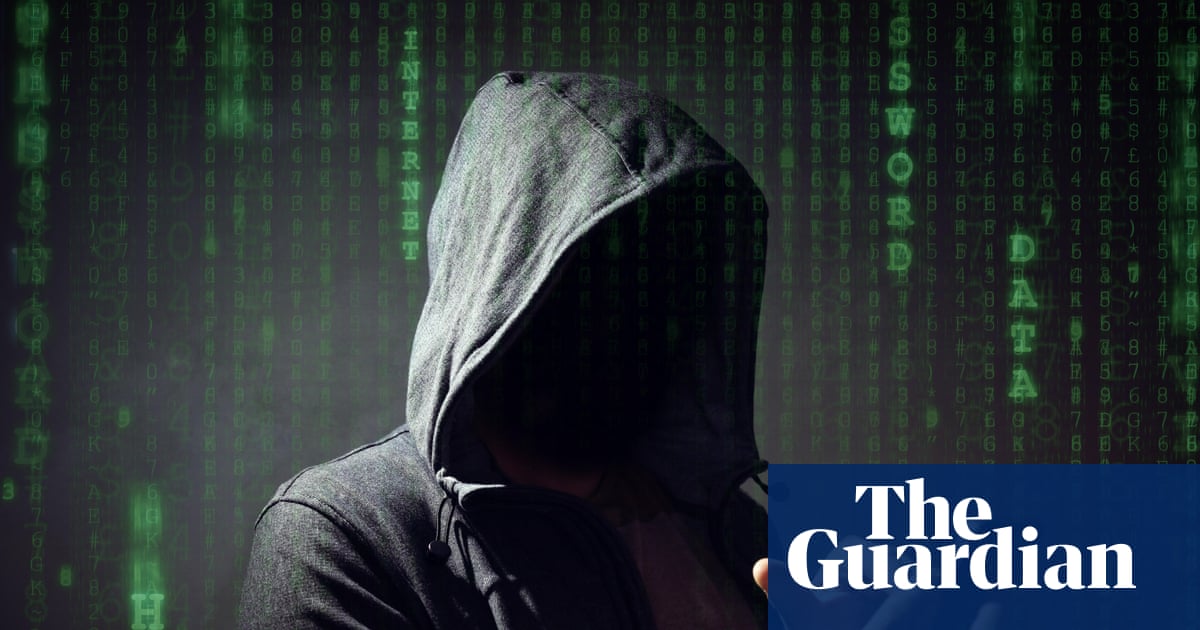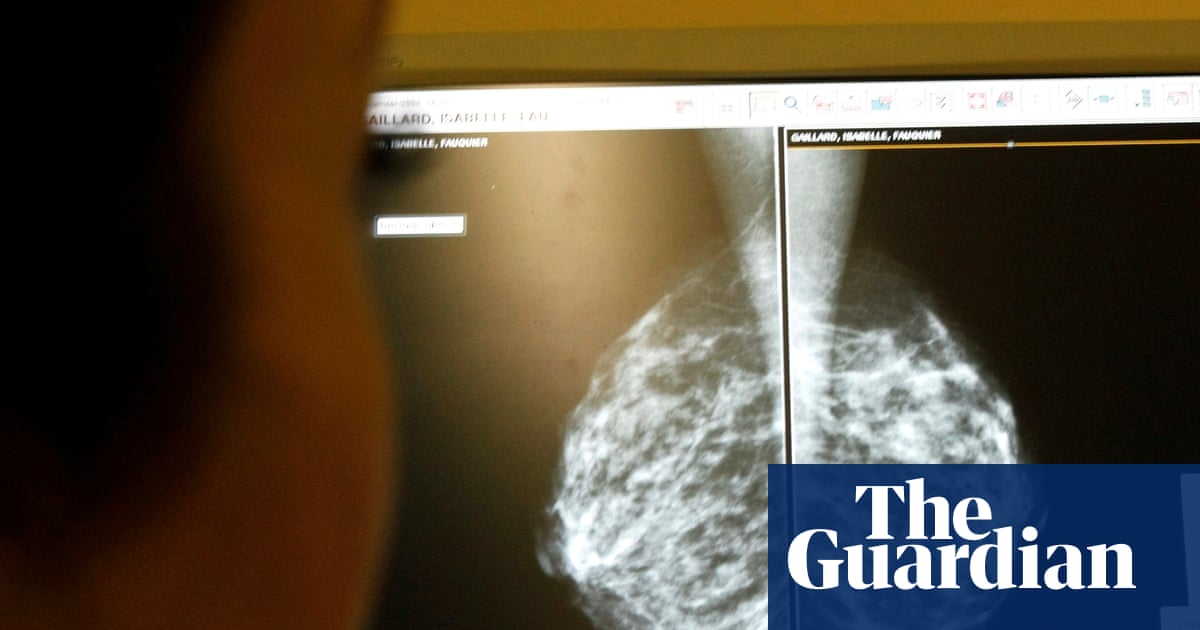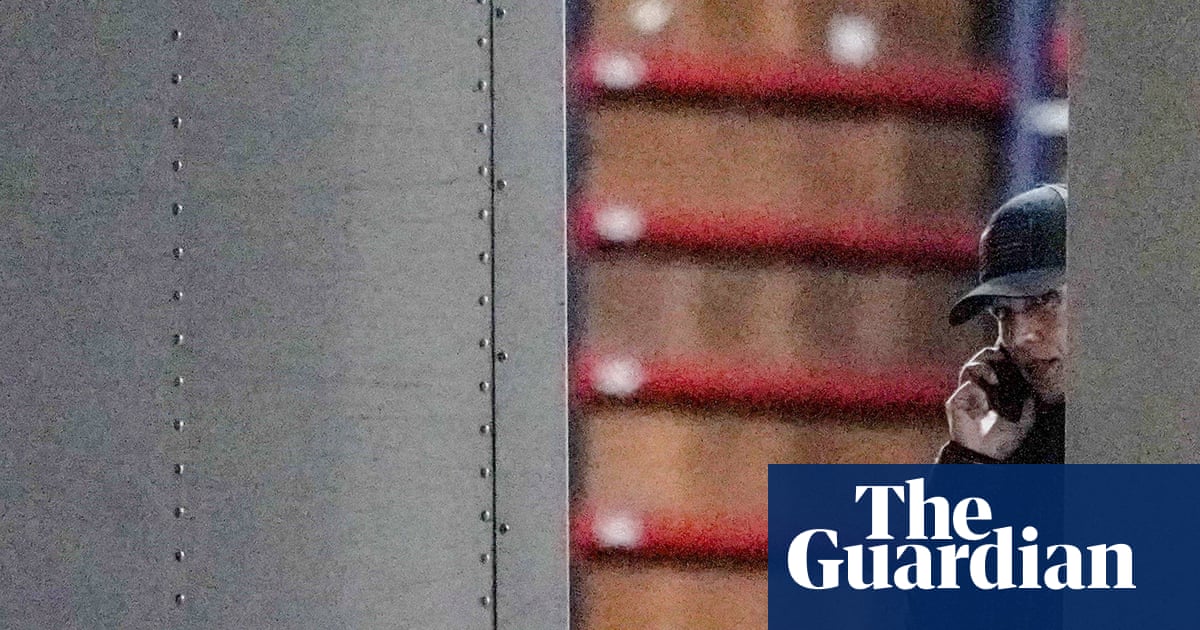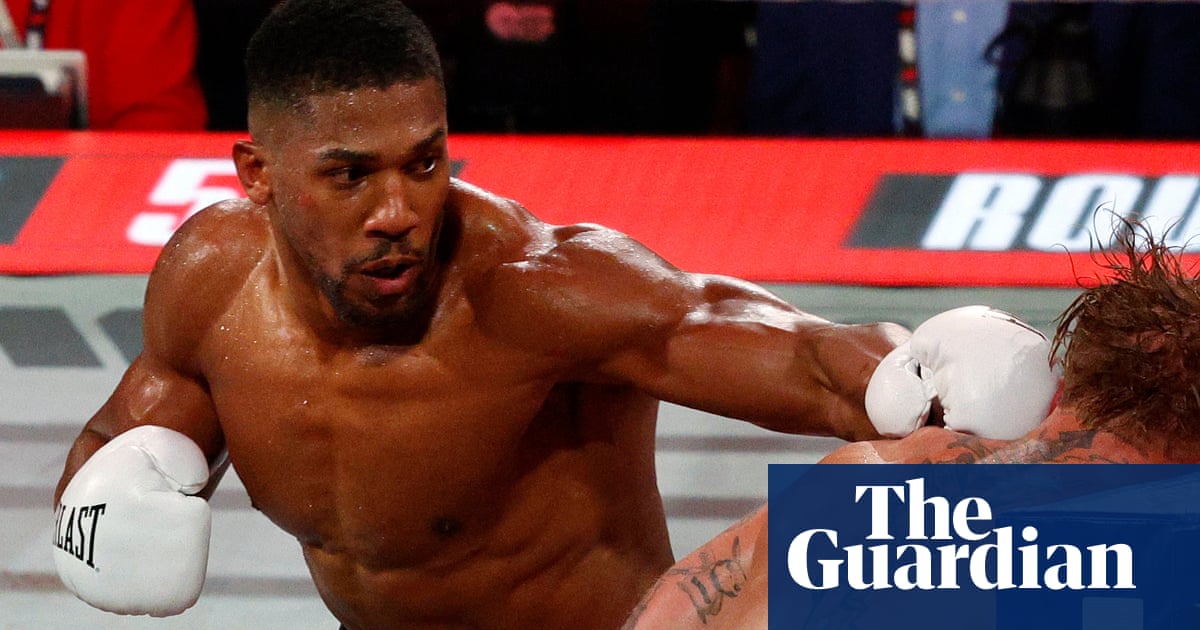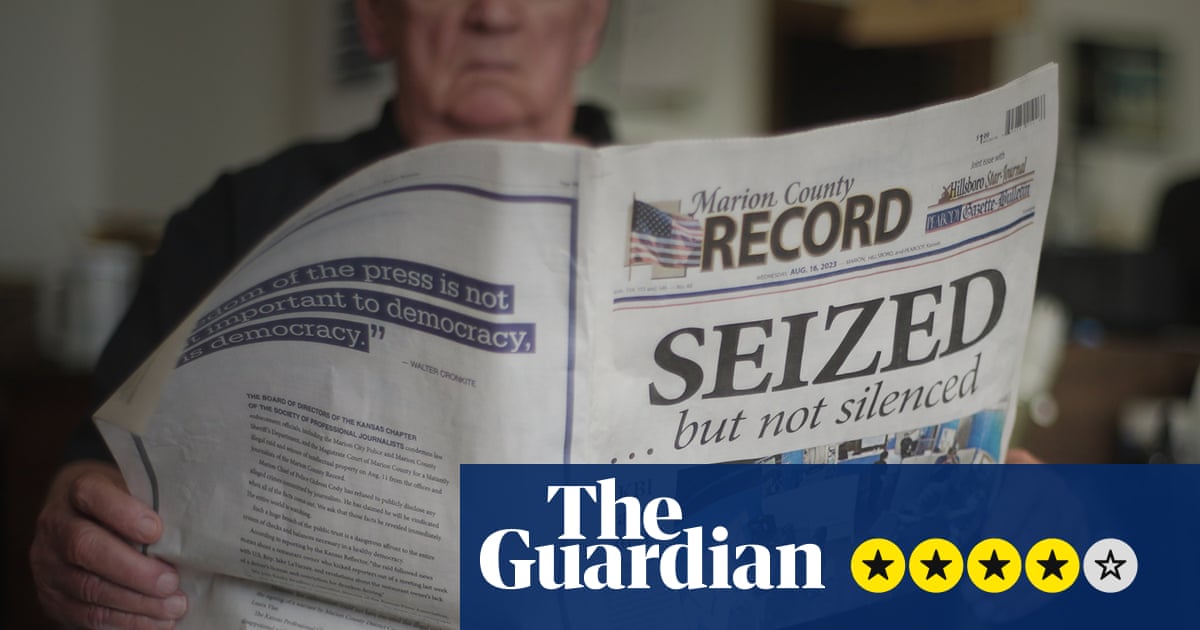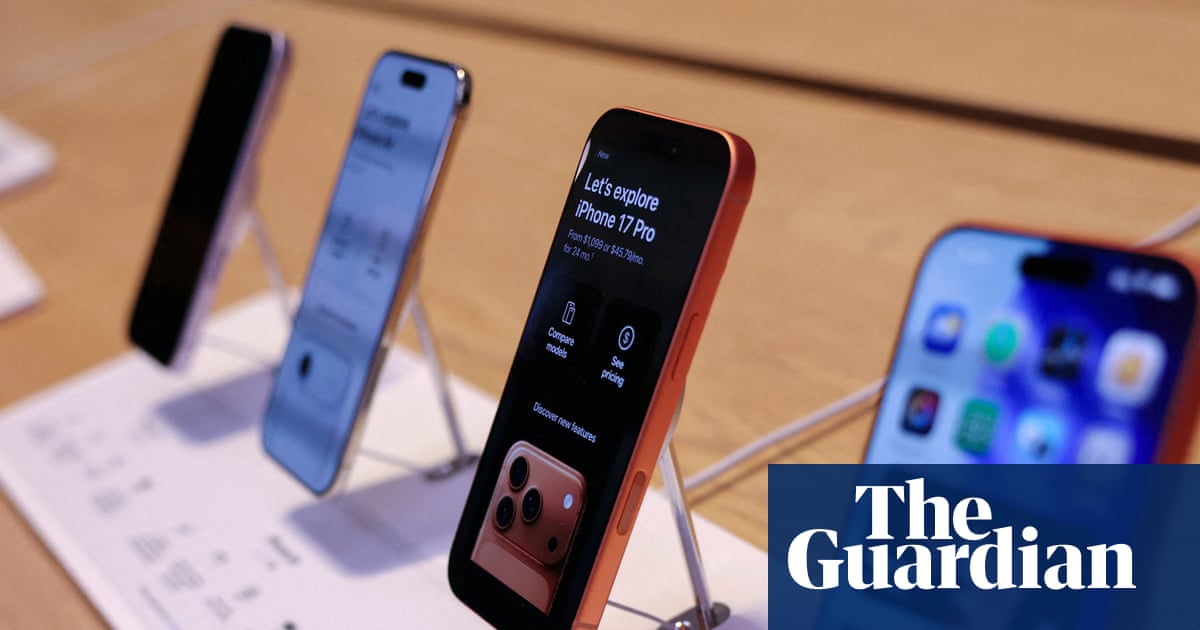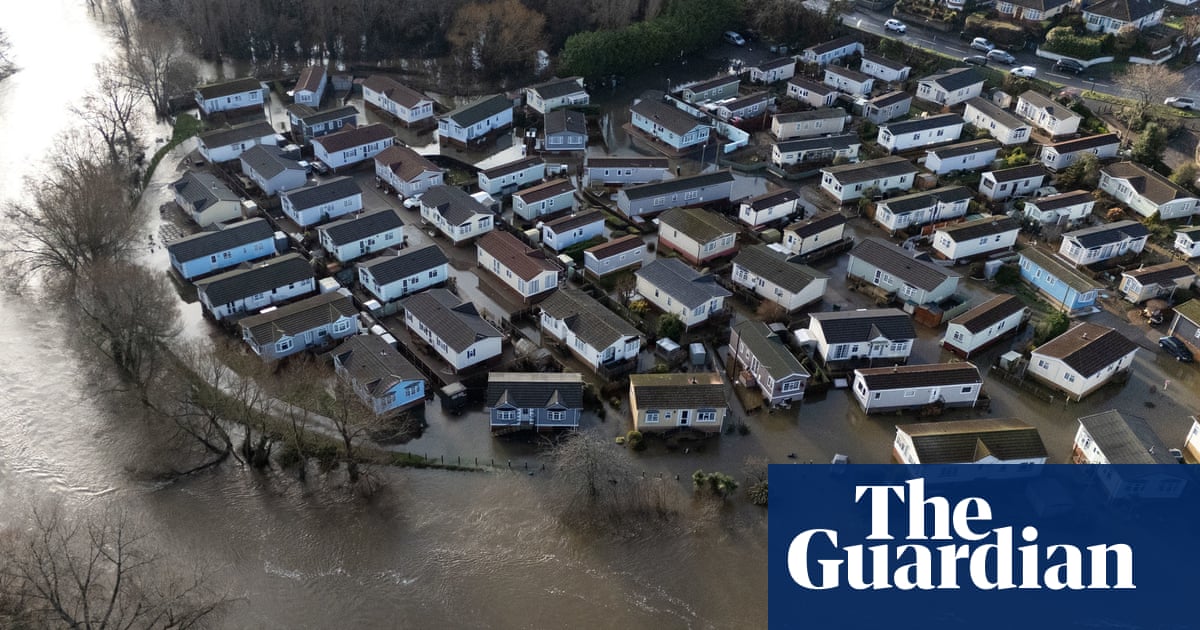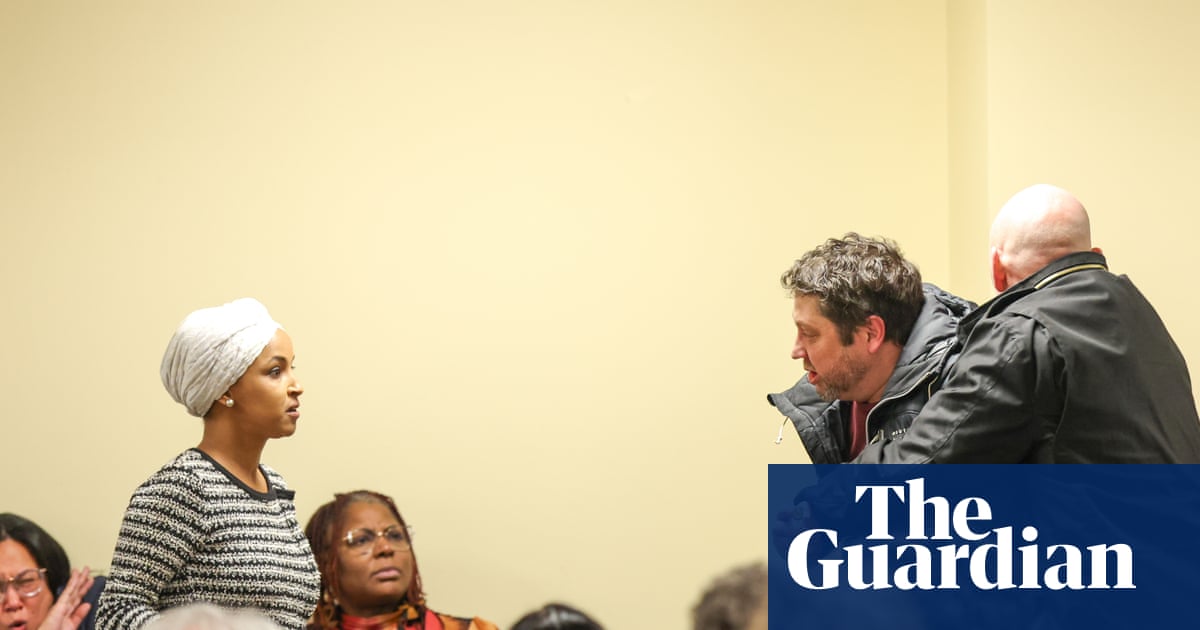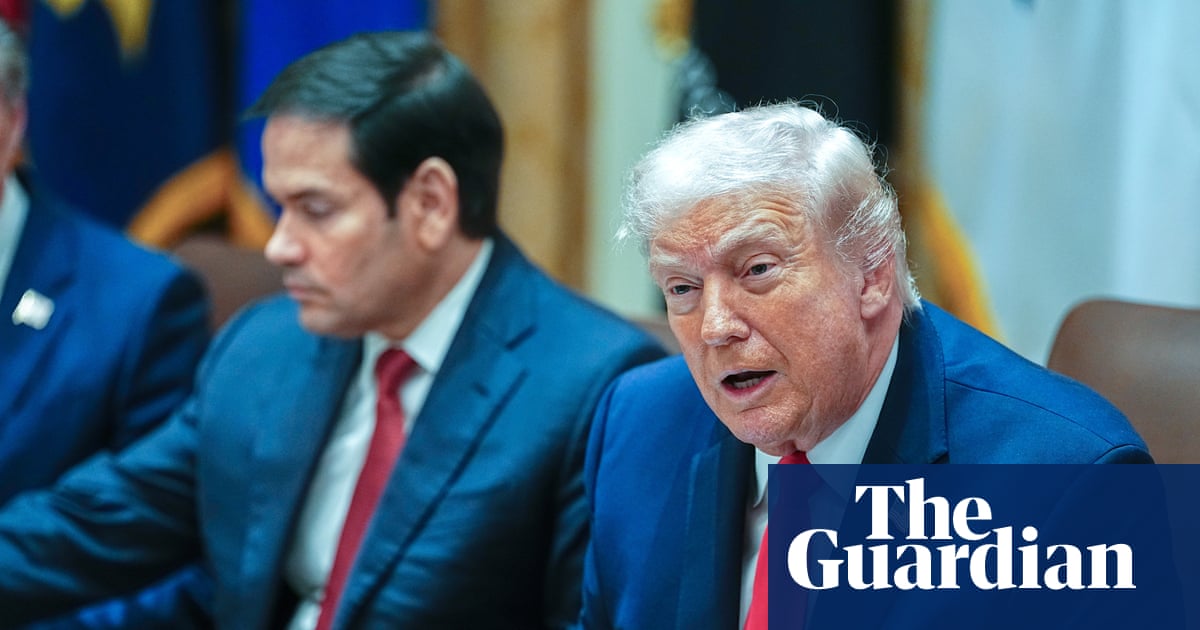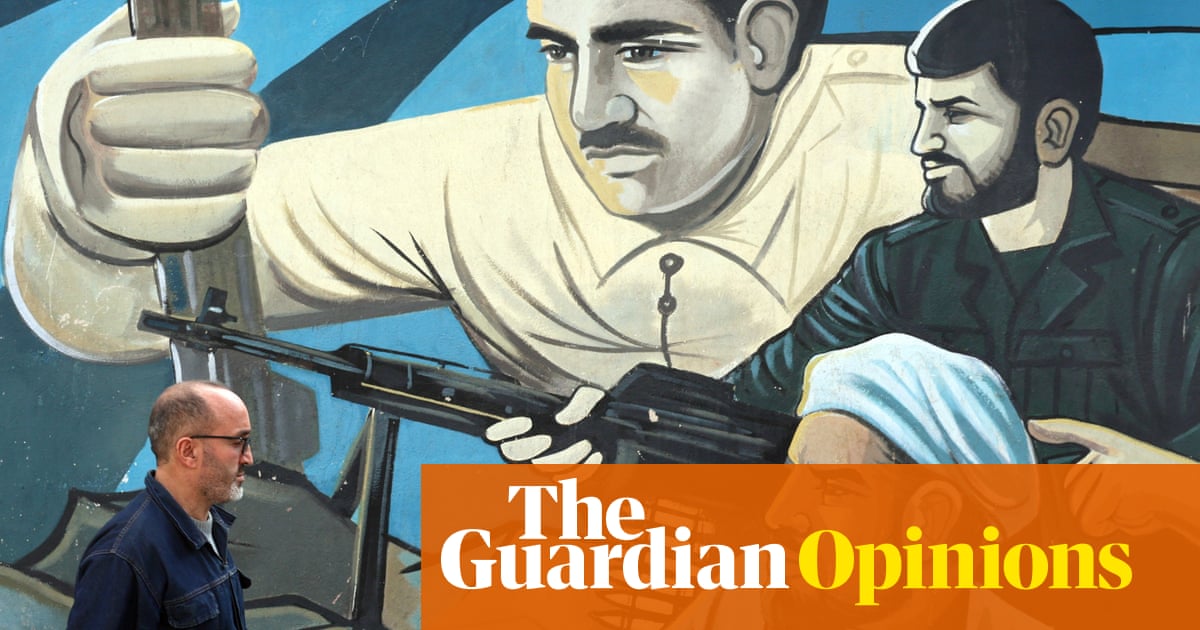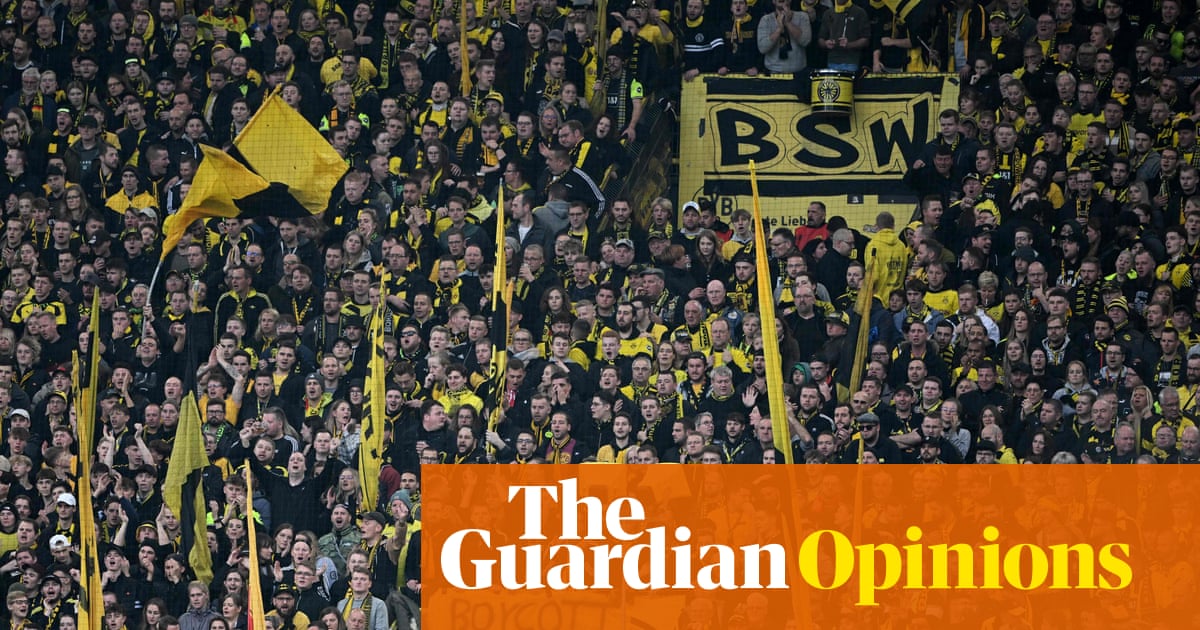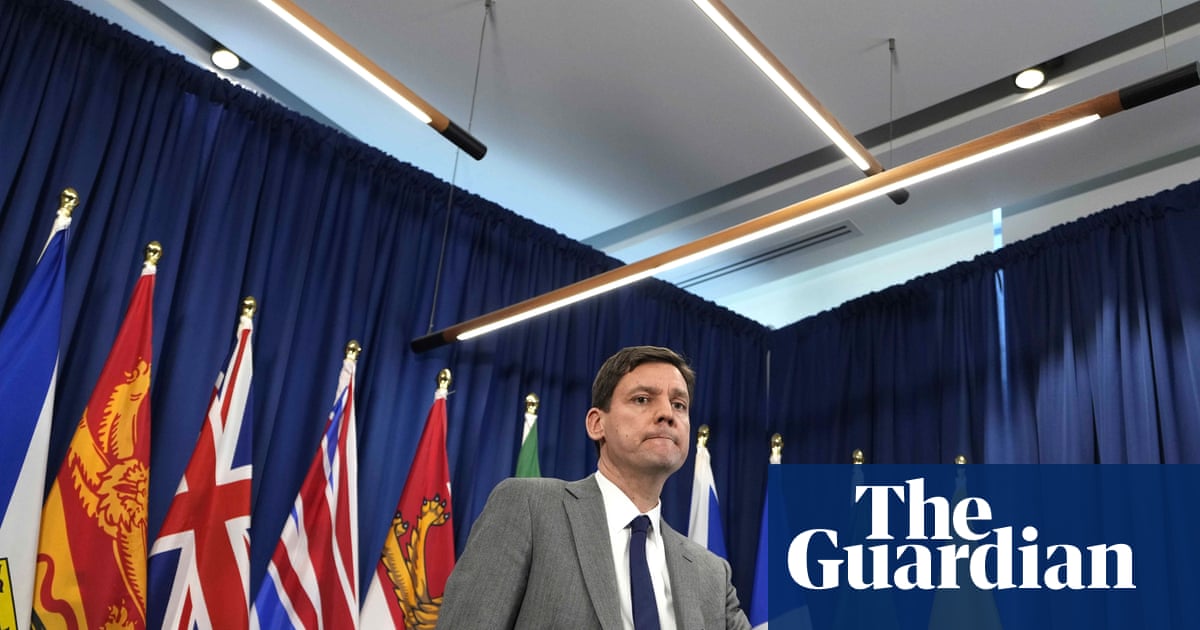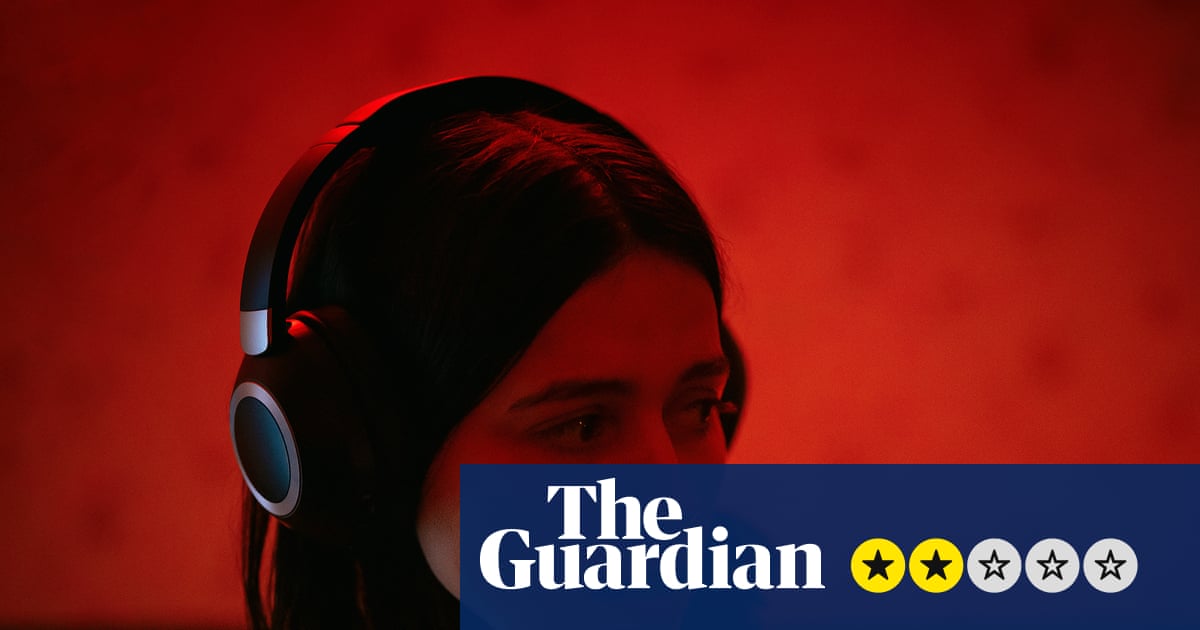The head of Google’s parent company has said people should not “blindly trust” everything artificial intelligence tools tell them.
In an interview with the BBC, Sundar Pichai, the chief executive of Alphabet, said AI models were “prone to errors” and urged people to use them alongside other tools.
In the same interview, Pichai warned that no company would be immune if the AI bubble bursts.
Since May, Google has introduced an “AI Mode” into its search using its Gemini chatbot, which aims to give users the experience of talking to an expert.
Google’s consumer AI model, Gemini 3.0, is expected to launch imminently but the company has yet to name a date.
Pichai said that while AI tools were helpful “if you want to creatively write something”, people “have to learn to use these tools for what they’re good at, and not blindly trust everything they say”.
He told the BBC: “We take pride in the amount of work we put in to give us as accurate information as possible, but the current state-of-the-art AI technology is prone to some errors.”
There are concerns in Silicon Valley and beyond of a bubble as the value of AI tech companies has increased recently and companies are spending large amounts on the booming industry.
Asked whether Google would be immune to the impact of an AI bubble bursting, Pichai said: “I think no company is going to be immune, including us.”
He added: “We can look back at the internet right now. There was clearly a lot of excess investment, but none of us would question whether the internet was profound. I expect AI to be the same. So I think it’s both rational and there are elements of irrationality through a moment like this.”
after newsletter promotion
Last month the head of America’s largest bank said the chance of the US stock market crashing was far greater than many financiers believed.
Jamie Dimon, the chair and chief executive of the Wall Street bank JPMorgan Chase, said he was “far more worried than others” about a serious market correction, which he predicted could come in the next six months to two years.
Dimon said there were a “lot of things out there” creating an atmosphere of uncertainty, pointing to risks including the geopolitical environment, fiscal spending and the remilitarisation of the world.

 2 months ago
46
2 months ago
46

